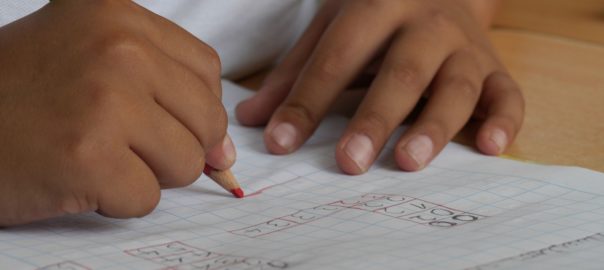
As I sit blissfully holding my infant grandson, I am struck by his fragility and vulnerability. He is dependent on us, his caregivers. And we in turn look to every possible behavioral sign to determine what needs caring for. Is he hungry, tired, does he have an internal pain, does he need a burp, a suck, a bounce, a diaper change? We rotate through the possibilities hoping to land on the right one, thrilled when we do, worried when we don’t.
When he’s content, he coos and looks around curious about all he sees. When something is wrong, he makes a pained face and cries. We answer those cries. We will do so for a good long time to come.
Caregivers must pay attention to behavior that signals a problem the child is having—a need that must be met. As he grows, his cries turn to whines, hurts to frustration and anger. Sensations of discomfort, pain, and hunger get complicated with jealousy, confusion, shame, fear, embarrassment, anger. As he learns he is a separate entity, he understands that he can
















